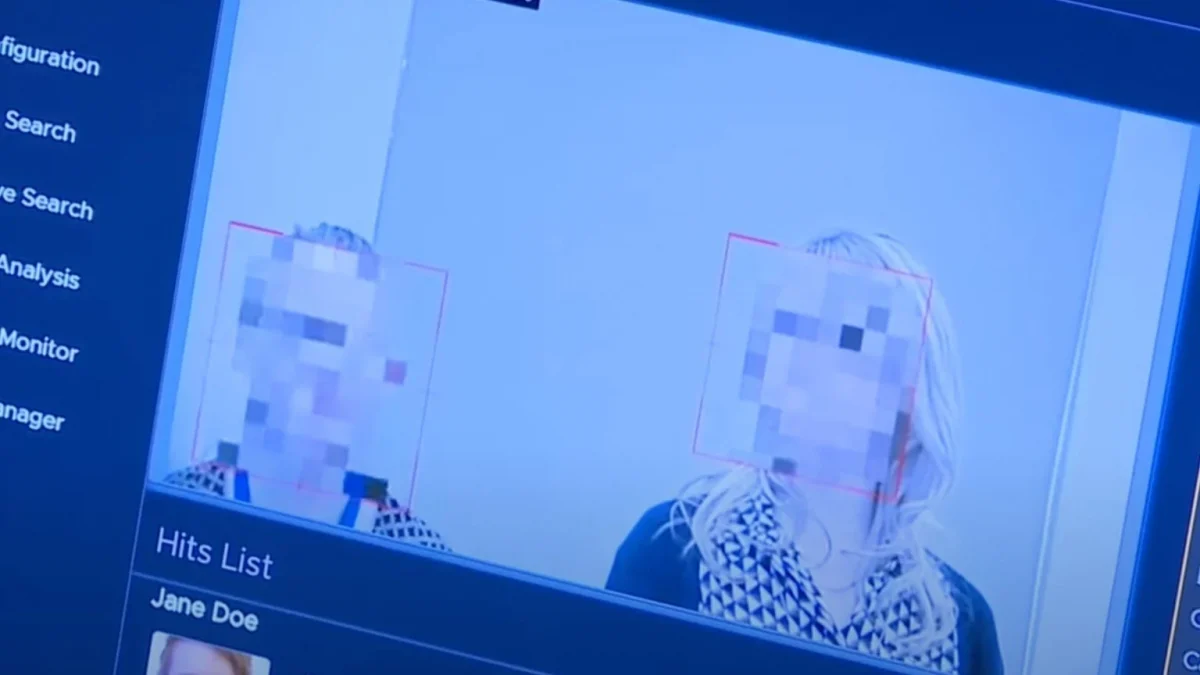The Metropolitan Police (Met) has new plans of purchasing and implementing retrospective facial recognition (RFR) technology in London (Woodhams, 2021). This technology will enable the MET to process historic photographs from CCTV, social media, and many other sources in order to track down criminal suspects. These plans were made public when the Mayor of London accepted the Mets proposal to increase its surveillance technology (MOPAC, 2021). This proposal showed the Mets plans to have a 4 year, £3 million deal with NEC, a multinational information technology and electronics corporation from Japan.
In the past, similar technologies like Live Facial Recognition (LFR) have seen heavy public criticism. LFR scans the faces of people that walk past a camera and compares these to a database of photos of people who are on a watchlist. Police use of LFR has already been scrutinized to the point where the United Nations High Commissioner for Human Rights has called for a moratorium on LFR use (Woodhams, 2021).
In order to protect the freedom, privacy of citizens, it is important that the public gains an understanding of both LFR and RFR, and the police’s plans of implementing them. As the complexity of policing technology will continue to increase, I believe that citizens will have a harder time understanding these technologies and the implications of their use.
One interesting implication of RFR that I would like to shed light on with this article involves data consent. As mentioned previously, RFR uses historic photographs. In the past, when these photos were taken, citizens did not agree for them to be used in future RFR police investigations. At the time, many citizens did not even know that such use of these photographs could be a possibility in the future. This raises my question to the readers of this article. Should the police be allowed to use photographs you consented to in the past, for new purposes without new consent? Is the police acting in an immoral way?
References:
Woodhams, Samuel. (2021). London is buying heaps of facial recognition tech. Wired, Condé Nast Britain 2021. Retrieved from: https://www.wired.co.uk/article/met-police-facial-recognition-new
MOPAC. (2021). Retrospective Facial Recognition System. The Mayor’s Office for Policing And Crime. Retrieved from: https://www.london.gov.uk/sites/default/files/pcd_1008_retrospective_facial_recognition_system.pdf
Featured photo from:
Macon, K. (2021). London Police to rollout “Retrospective Facial Recognition,” scanning old footage with new invasive face recognition tech. Reclaim The Net. Retrieved from: https://reclaimthenet.org/london-police-to-rollout-retrospective-facial-recognition/


Very interesting Blog Maximilian! First and foremost, I am actually quite surprised that the police is actually planning to use this retrospective facial recognition technology as it violates any citizens’ privacy in my opinion. As many citizens do not understand LFR and RFR, people have no clue what these technologies do and especially what they are able to in the future. And the latter strikes the essence for my argument here. People have no clue what they consented to in the past and what these photos are used for nowadays. Although I definitely can see the benefit of this technology in tracking down criminal prospects, it is unethical to use any material used for different purposes than consented to.
Very interesting blog. When it comes to the LFR and RFR and what Martijn commented, yes it might be unethical and immoral to use these cameras with face recognition, but at the same time, when it comes to safety of your life in a dangerous hypothetical situation, all the people who are against it would suddenly appreciate it. It comes out slightly hypocritical don’t you think? Also, why would people be so against these cameras? Honestly, if it were up to me, i would not really care about them because i have nothing to hide, i do nothing that might be illegal.